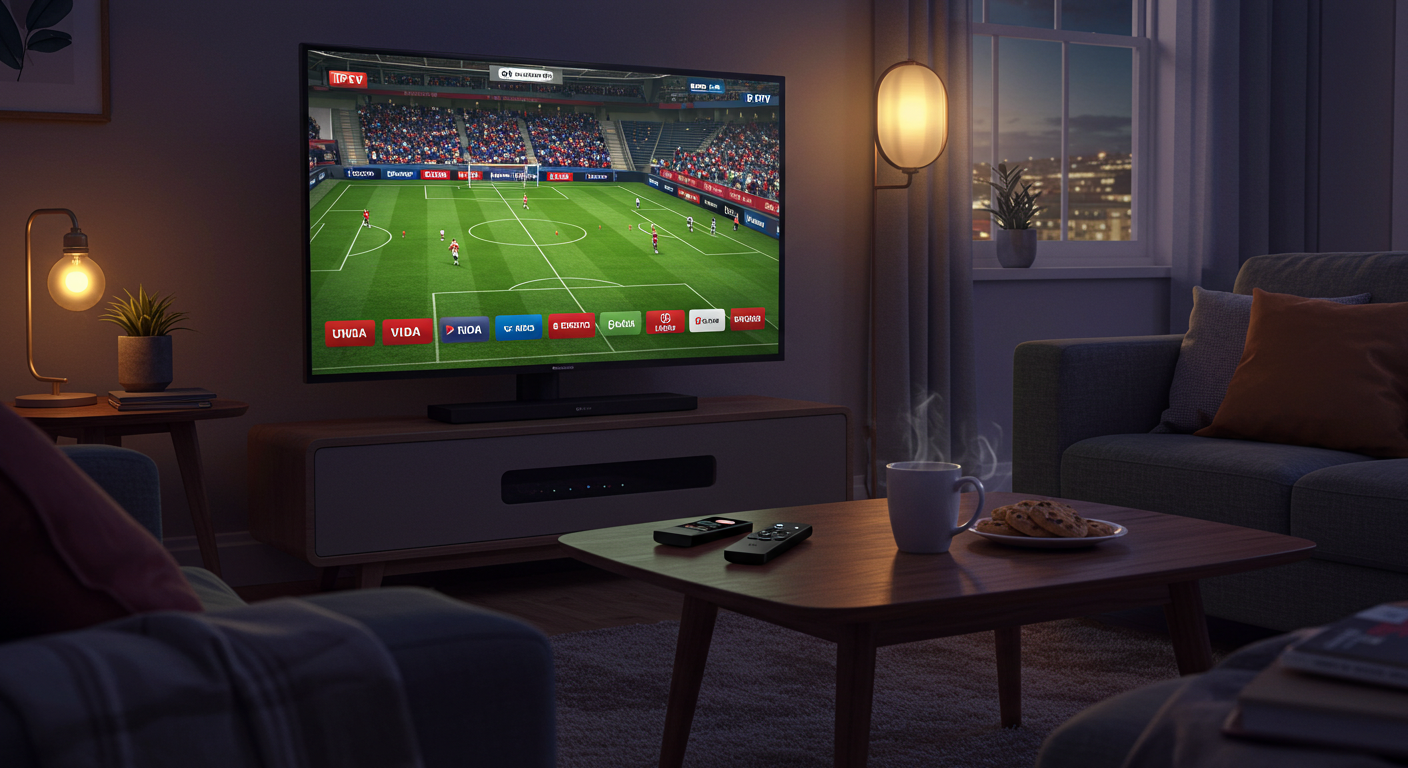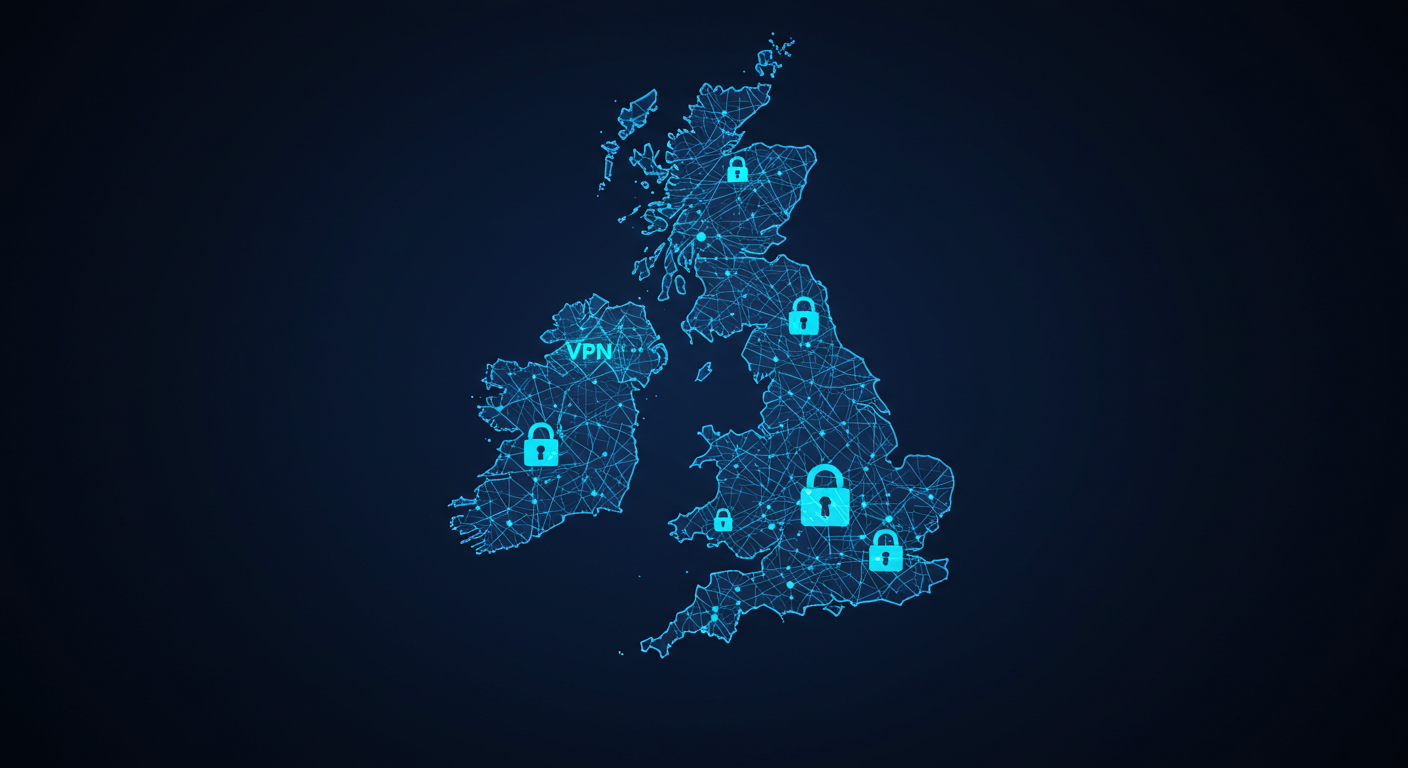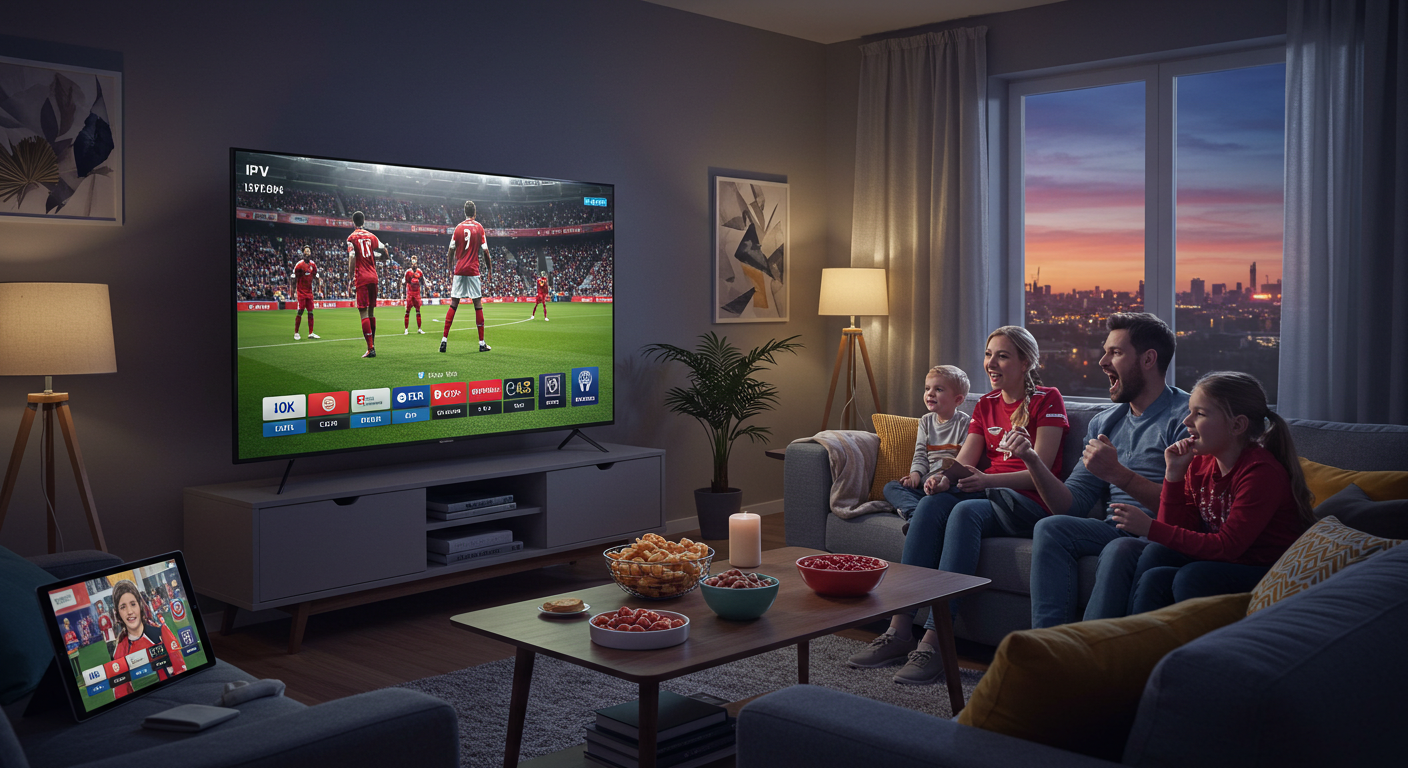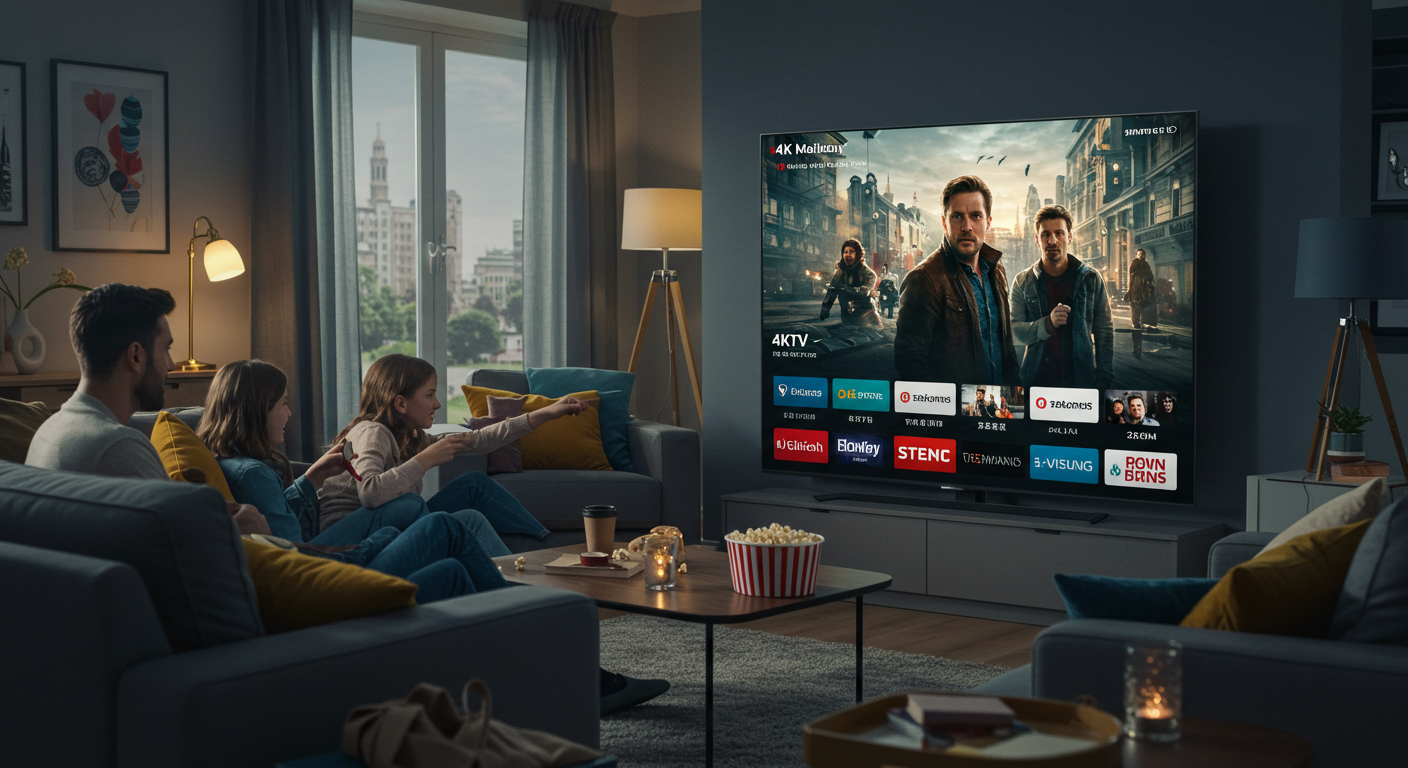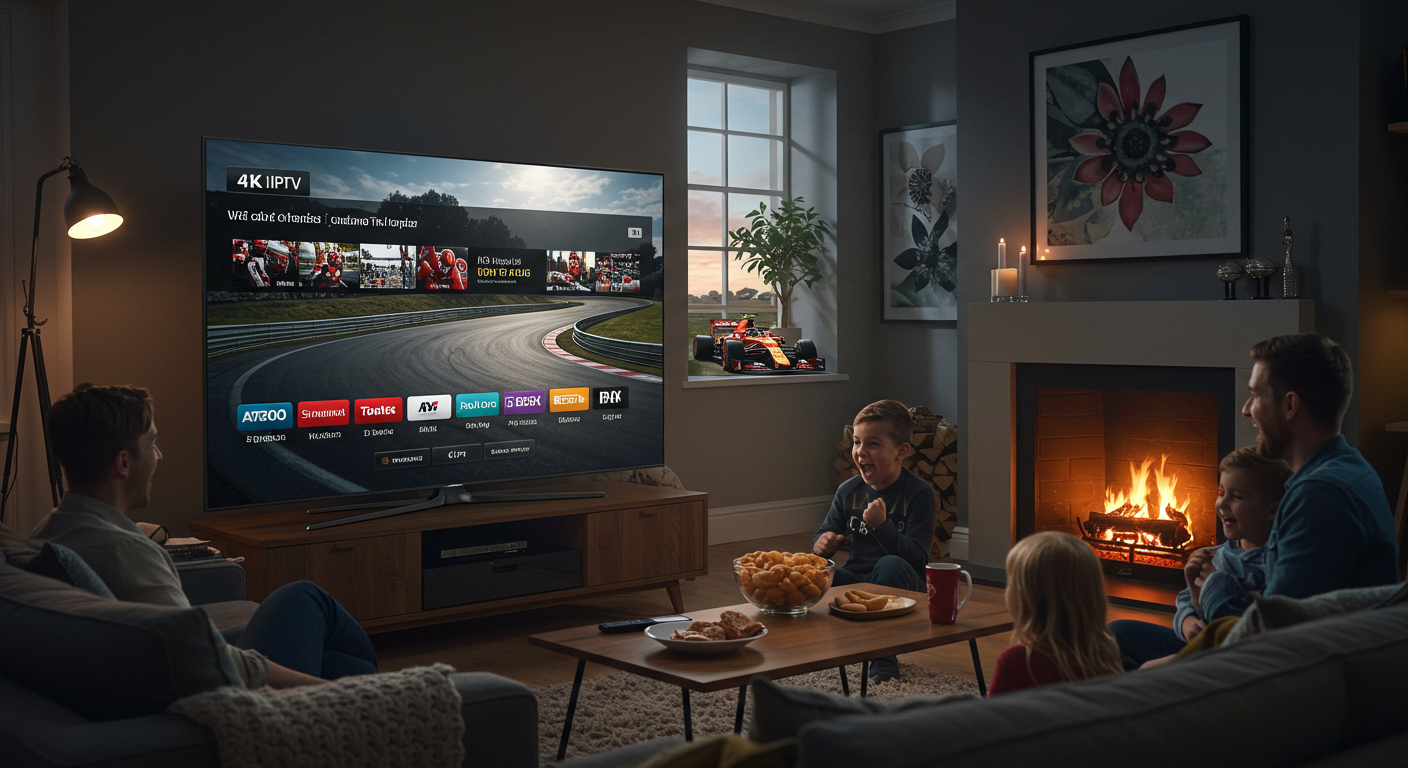Streaming has reshaped how we watch TV, and in the UK, the choice between internet-based television and traditional cable sparks lively debate. IPTV, or Internet Protocol Television, delivers channels through your broadband connection, unlike cable’s fixed infrastructure. For UK viewers craving flexibility, cost savings, and diverse content, this comparison unpacks why one option might edge out the other. Let’s dive into how IPTV main works, its benefits, and whether it truly outshines cable for folks in Birmingham, Cardiff, or beyond.
Understanding the Basics: How IPTV main and Cable TV Work
Cable TV relies on physical coaxial cables, delivering a fixed set of channels to your set-top box. It’s reliable but often rigid, locking you into pricey bundles. IPTV, by contrast, streams content over the internet, letting you watch on devices like Firesticks, smart TVs, or phones. In the UK, IPTV’s rise reflects broadband speeds averaging 70 Mbps, fast enough for HD streaming. Setup is straightforward: download an app, enter credentials, and you’re watching. Cable’s plug-and-play simplicity suits less tech-savvy households, but its hardware feels dated next to IPTV’s versatility.
Cost Comparison: Where’s the Real Value?
Cable TV packages in the UK often start at £30–£60 monthly, bundling channels you may never watch. IPTV main services, however, can cost as little as £10–£15 monthly, with customizable packages. For example, sports fans can prioritize Premier League streams without paying for unused movie channels. To explore pricing options for streaming packages, check here to compare plans tailored to your viewing habits. IPTV’s lower overheads—no cables to maintain—translate to savings, though cable’s predictable billing avoids internet-related hiccups.
Hidden Costs to Consider
Cable often requires installation fees or long contracts, while IPTV’s main cost is a stable internet connection. Rural UK viewers with spotty broadband might face buffering, so a minimum 10 Mbps speed is key. Cable’s upfront hardware costs, like set-top boxes, can sting, whereas IPTV leverages devices you already own.
Content and Flexibility: What’s on Offer?
Cable TV offers curated channel lists, often including BBC, Sky, or ITV, but lacks on-demand depth. IPTV shines with global content, from niche European sports to international films, accessible on multiple devices. Want to watch Strictly Come Dancing on your phone during a commute? IPTV makes it happen. Cable’s channel packages are rigid, while IPTV lets you tweak subscriptions to match your tastes, whether you’re in London or Leeds.
Device Compatibility and Setup
Setting up IPTV on a Firestick takes minutes: install an app, input a playlist URL, and stream. Cable requires professional installation, often with extra fees. IPTV’s device-agnostic nature suits tech-curious UK viewers who juggle tablets, TVs, and laptops. To test streaming quality, you can try a quick trial via WhatsApp. Ensure your Wi-Fi is robust to avoid lag during peak viewing times.
Reliability and User Experience
Cable’s dedicated lines ensure consistent quality, ideal for areas with patchy internet. IPTV depends on your broadband’s stability—think buffering during a rainy Manchester evening if your connection dips. However, with the UK’s 5G rollout and fibre upgrades, IPTV’s reliability is catching up. Choosing a provider with strong servers is crucial for smooth streaming, especially for live events like football matches.
Why IPTV Often Wins for UK Viewers
For most UK households, IPTV main delivers unmatched value. It’s cheaper, more flexible, and packed with global content, perfect for cord-cutters or those ditching bulky cable boxes. Setup is a breeze on devices like Firestick, and with broadband improvements, reliability concerns are fading. Cable suits those prioritizing simplicity, but IPTV’s adaptability aligns with modern viewing habits. Weigh your internet quality and viewing needs to decide what fits.
FAQs
- What’s the main difference between IPTV and cable TV in the UK?
IPTV streams via internet, offering flexibility; cable uses fixed lines, ensuring reliability. - Can I use IPTV on multiple devices?
Yes, IPTV works on Firesticks, smart TVs, and phones, unlike cable’s set-top box. - Is IPTV main legal in the UK?
IPTV is legal if sourced from licensed providers; always verify the service’s legitimacy.


